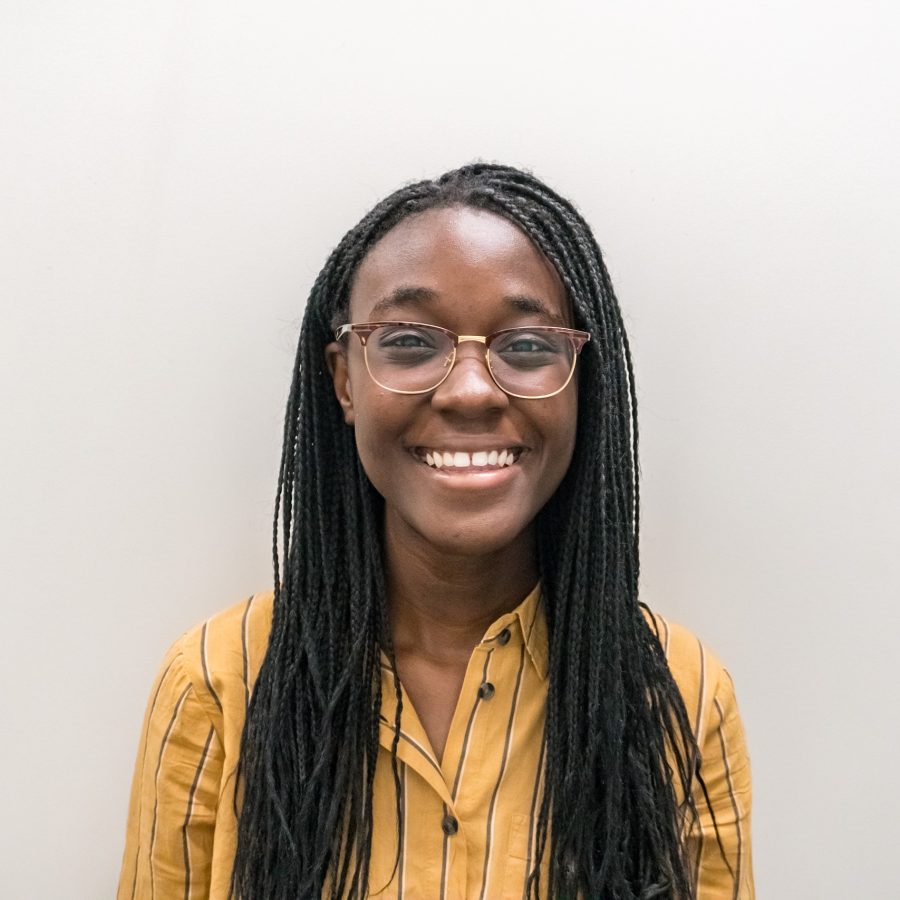Greta Thunberg is a climate activist. You’ve probably heard of her because of the recent climate strikes or seen the subsequent social media posts applauding her for her work and fame — applause she deserves. But recently, you’ve probably also seen a few people question why Thunberg, although very brave in her work, is the face of a movement that has been going on long before her sit-ins in Sweden.
Before Thunberg, there was Little Miss Flint. Before Thunberg, there were Tekanang and Helena Gualinga, islanders and climate activists for huge portions of their lives. And even now, they are still the ones who stand with more to lose than anyone else — including Thunberg.
Thunberg knows this. In fact, she invited hundreds of activists, many of whom were residents of islands threatened by rising sea-levels, to speak alongside her at the U.N. In her speech, she even stated she “was one of the lucky ones” — meaning she was not at risk of losing her life, home or safety to climate change. She’s right: she is one of the lucky ones. But this is the problem. It is always the lucky ones who get the chance to speak up.
Consider the case of the Parkland kids, for example. After enduring the terrible tragedy of a school shooting, they gained fame for their activism speaking for gun control. I applaud them for their work in building a movement of young people. But I also notice the conversation that continually ignores the activism of predominantly brown and low-income children, who have been protesting gun violence in their communities far longer. This same system leaks into every movement. People still don’t accept that the Pride movement and the Black Lives Matter movement were started by black queer women, opting to not celebrate them because of transphobia, racism, sexism or all of the above. Today, they are erased from the very movements they started.
That’s a special kind of awful.
I’ve brought up my issue with poor representation in activism many times. People often tell me something along the lines of, “At least the activism is happening.” But in reality, there is nothing more important than making sure the way we fight our battles is inclusive and honest. If the very system we use for gaining equality reflects society’s inequality, than what real good can come of it? It’s a poisoned tree; it’s a slap in the face masquerading as a kiss on the cheek. It’s not enough.
Activism is about liberation, but there is nothing liberating about being told that your story only matters when it comes from someone else’s mouth. It’s important — essential, actually — that the way we fight for equality reflects the very equality we want to create. In the art of activism, every brushstroke matters. What kind of narrative does it paint to exclude the most vulnerable people from conversations about their advancement? It’s dehumanizing, in the very spaces where humanity matters most.
It is also important to remember the lack of representation that pervades every aspect of society. To whitewash or gatekeep activism to the most powerful people in any way is to deprive young people of role models. I can still remember how Mae Jemison, the first black woman in space, was inspired by Nyota Uhura, a black female character from Star Trek. It is hard to imagine a white woman speaking about diversity would have had the same effect on Jemison. I say this because I know it has never had that effect on me, a black person who grew up in predominantly, white and Asian spaces.
I don’t know the Parkland kids or Greta Thunberg or any other person spearheading a campaign of that size. I don’t want to imply their work is unimportant, or that they are at fault. But this system of delegitimizing the work of activists without privilege is worth criticizing, and I hope everyone continues to see that. It is a system that we cannot let ourselves contribute to.
This message is especially important at a school like NYU where wealthy liberal students are the majority. It is important that we conduct ourselves with a little humility. Being here and having the resources of an education like this is a privilege. But the goal is not to use your privilege to help others. The goal is to redistribute your privilege. Find out who is doing the work and help them. Understand that sometimes you are not equipped to be the best person to speak on an issue. Give money. Give time. But rather than inserting yourself into the equation, try to give a little support.
Opinions expressed on the editorial pages are not necessarily those of WSN, and our publication of opinions is not an endorsement of them.
A version of this article appeared in the Monday, Sept. 30, 2019 print edition. Email Sarah John at [email protected].


























































































































































